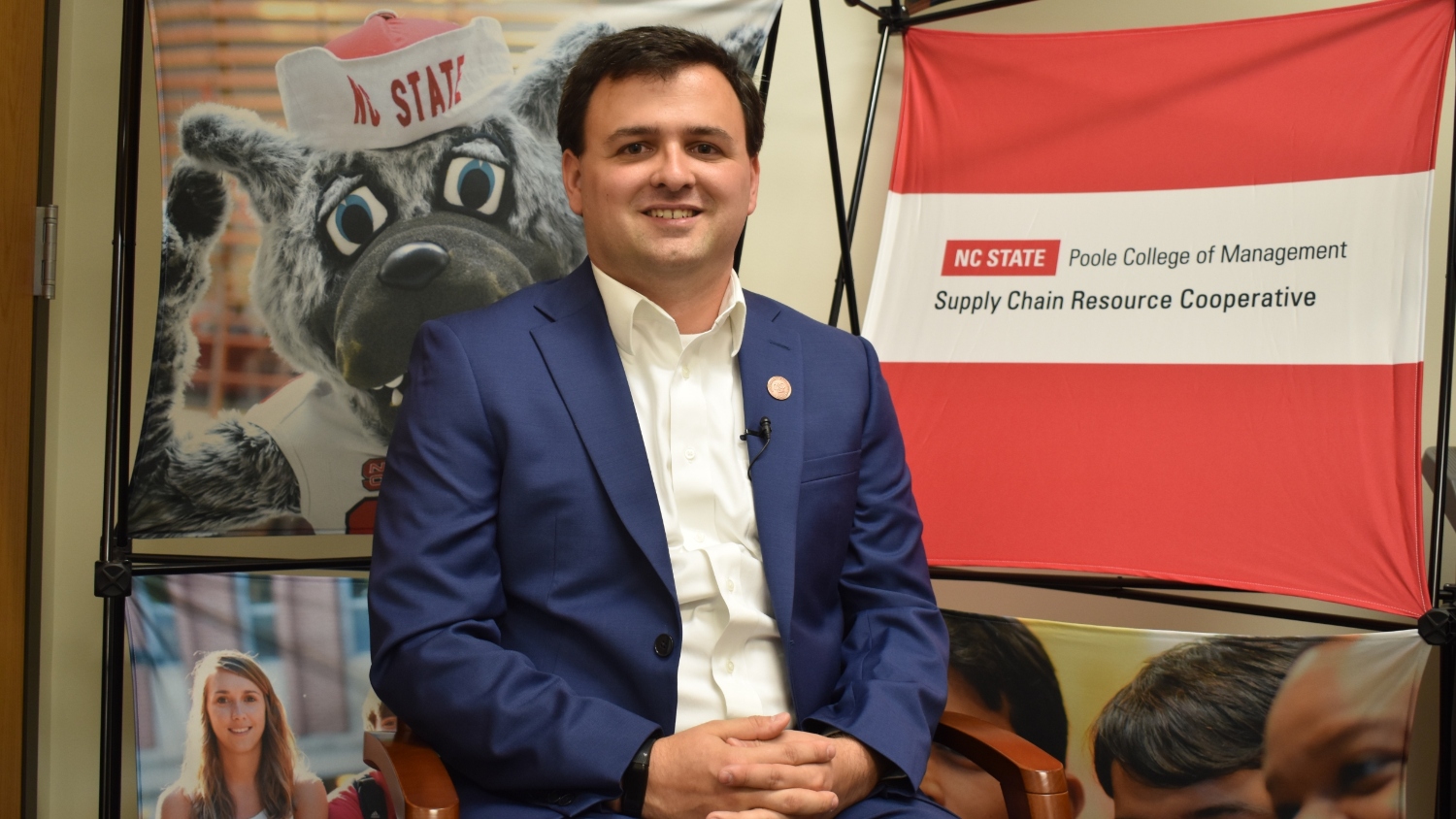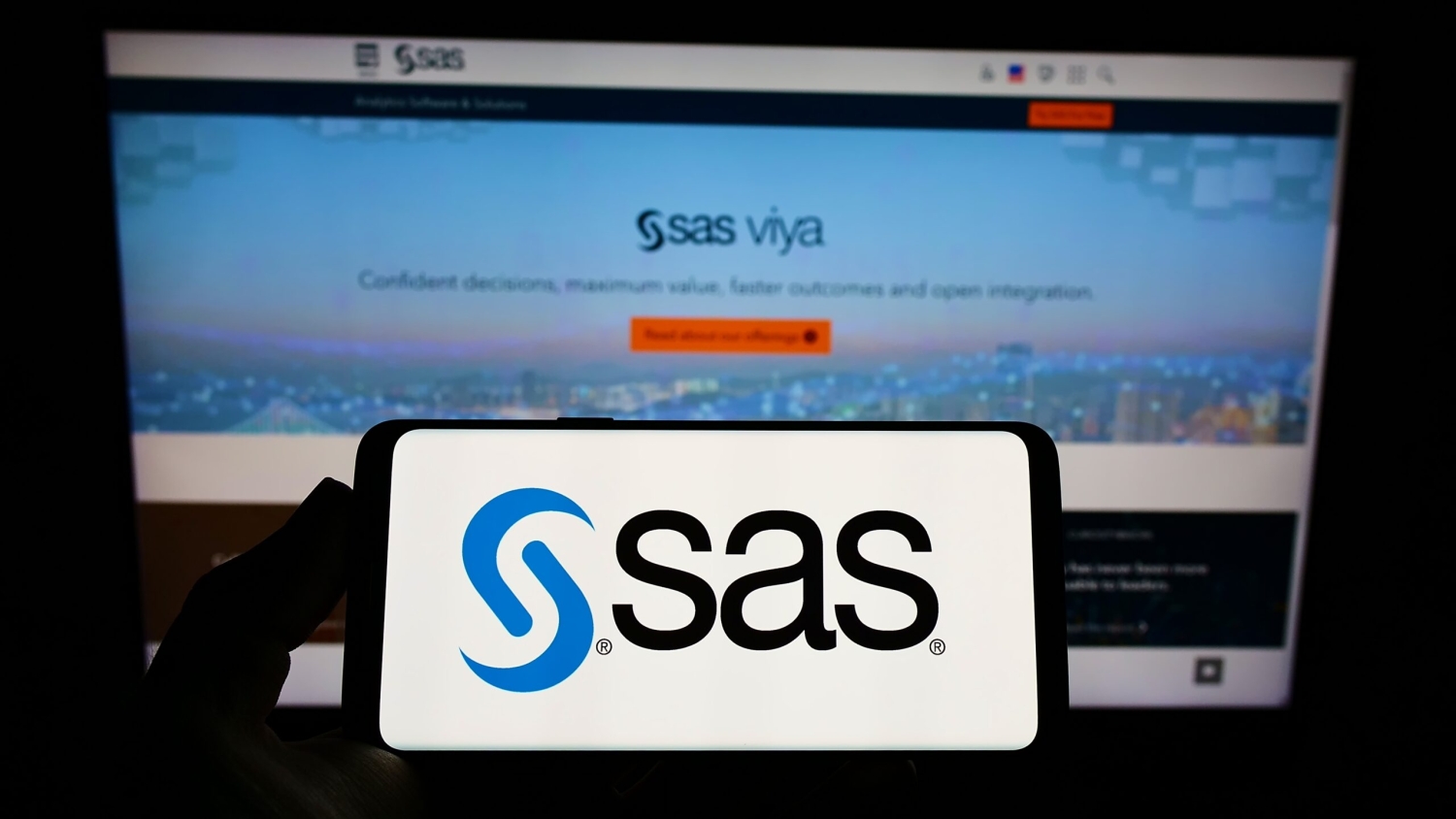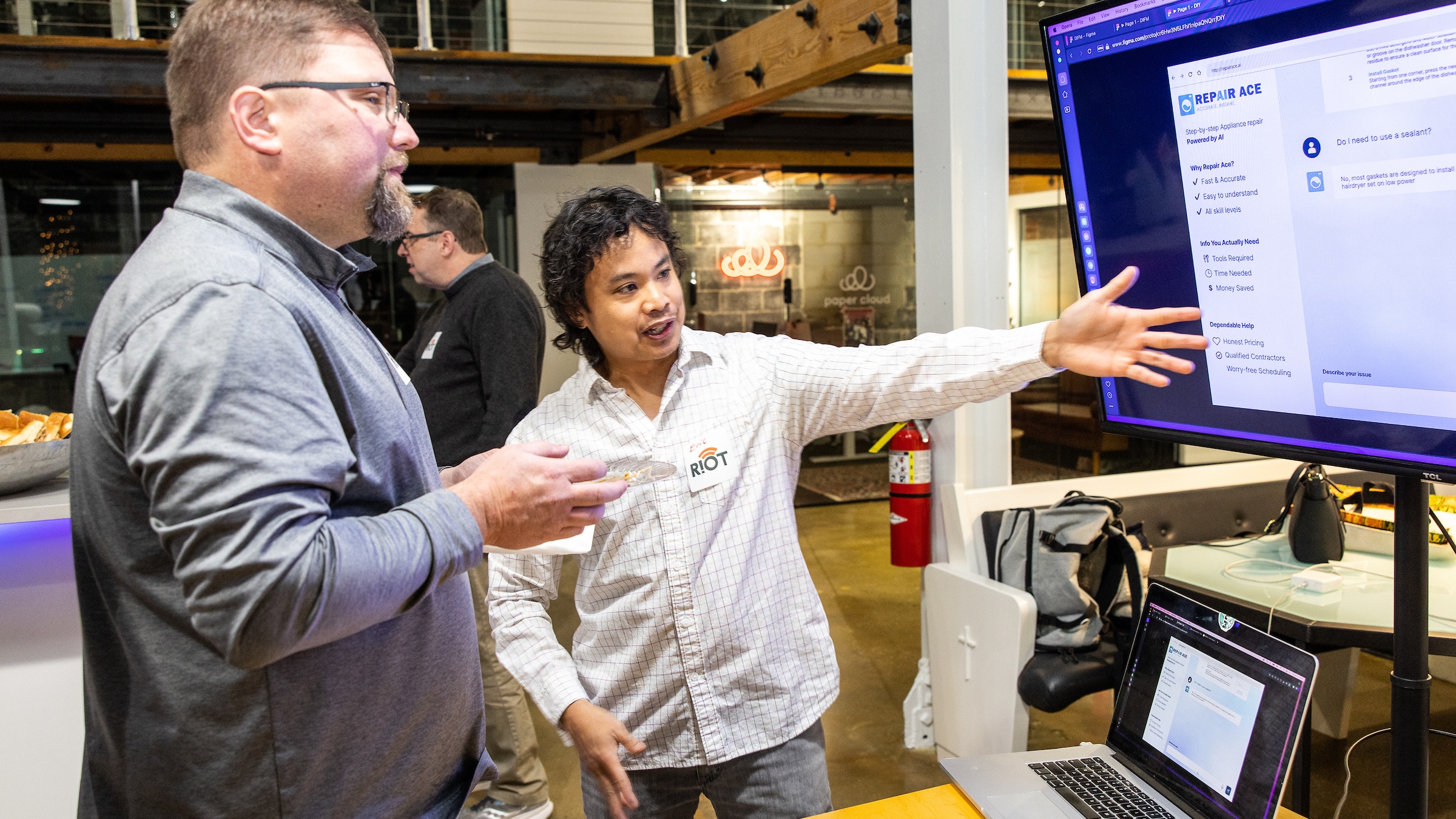David Catron is a 2018 Jenkins MBA alum and former SCRC Graduate Research Assistant (GRA) who was recently promoted to Director of Strategic Pricing at IQVIA, an industry-leading clinical research organization. In this video interview, transcribed below, David talks about what led him to NC State for his MBA, his experience as a supply chain scholar, and the impact his NC State student experience has had on his subsequent career growth.
What was your background before coming to NC State?
“Coming out of high school I decided to go to Clemson University to study engineering. And while you’re in the engineering program at Clemson University you have to pick a major, so I picked industrial engineering as my field of specialty.
During my time at Clemson I did a co-op and my co-op was kind of a little bit unique — I spent five semesters working for a company called AFL, which is part of the telecommunication industry. We basically built manufacturer fiber optic products for Verizon and AT&T Sprint. Everything behind the scenes — everything that makes their networks go, we manufacture. But through that co-op experience I got to apply my process engineering, my supply chain management, and kind of learn on the job a little bit, and then came back and finished up my degree graduating in 2012.
When I graduated, I had the opportunity to go there full-time and start their supplier development program.”
When did you decide you wanted to earn an MBA?
“So after spending a few years at AFL, I realized I wanted to shed the engineering title from who I was as a person. The only logical way to do that was to go back and get an MBA. Getting that MBA allowed me to get the skills — the finance skills, the accounting skills, the human resource skills, the management skills —that would balance out my technical expertise.”
Why did you choose NC State for your MBA?
“I applied to a variety of schools in the surrounding area at the time. I was committed to being in the Raleigh-Durham area, and looking at the different programs that were in the area and looking at what they offered — I think if I had wanted to go towards a more of a consulting route, maybe then the name of Duke or UNC would have been more necessary, but really I think if you’re looking for the practitioner perspective — the actual ‘Think and Do’, as NC State is known for, which is really where I think I excel and where I wanted to be as a person. My internships were always about going and getting real-life experience, and that led me to realize what I wanted to be. So I think for me, that’s what won me over in the big scheme of things — that it’s very hands-on. It wasn’t theoretically-based.”
Can you describe your experience as an SCRC graduate research assistant (GRA) / Supply Chain Scholar?
“I was fortunate to be partnered with Duke Energy, which is a very large Fortune 500 utility here in the North Carolina area. They were in an interesting place because they had gone through a merger between Duke and Progress Energy.
My own personal project was basically trying to look at two different facilities that were very similar, but were being operated in very different ways due to the merger. So one was a previous legacy (Progress), one’s a legacy (Duke) — now they’re both trying to be run the same way, and so I was trying to harmonize the processes — what metrics should we be looking at, and try to ultimately drive to some sort of uniformity and consistency between how the two systems were being operated.
As a scholar, we also got to participate in the Shelton Leadership Series which was a pretty cool experience to get to go and listen to all the speakers and engage and hear some really cutting-edge thought leadership into what leadership means. So that was a pretty cool thing that a couple of us got to get the chance to go to as part of the scholarship program here.”
Can you describe how you got involved with IQVIA as a student, and what you do for them now?
“After my first year I acquired an internship with IQVIA. After my internship I was given the opportunity to come on and stay on full-time while going back to school part-time. So I kind of transitioned from the full-time MBA program to a part-time MBA program. At IQVIA, what I was kind of hired to do was to come in and help with the strategic pricing team to build their pricing tools.”
How have you been able to apply your experiences at NC State to your current work and career?
“I think there’s a couple things that I got out of being at NC State and just getting an MBA in general. The first being that I think you get a sense of validation as a practitioner. I had been doing at AFL what I had learned as an undergrad, but when I came to NC State, I was able to reaffirm a lot of those same principles in terms of, “Yes, this is actually what people do. This is how big companies operate.” I had only experienced it at one company, so I didn’t have the perspective of, say, how Bank of America does supply chain, or how Exxon does, or Duke Energy.
I think the second component that I use every day is learning how to deal with a wide range of people with a wide range of backgrounds. Most of the people in the MBA program — they’re “the guy”. They’re the star performer in their companies. And then they all come back together for their MBA, and now they’re all trying to work with each other. And you put eight people who all think they’re in charge on a project — that gets complicated. And so I think for me, learning how to navigate that — learning how to deal with the ‘people’ aspect of business — I use that every single day, because again, you’re now in a Fortune 500 company where you’re around the same types of people who all want to be the lead and want to be in charge and want to run the show. And as a leader in an organization, you have to figure out how to navigate around that and ultimately deliver for the business.”



